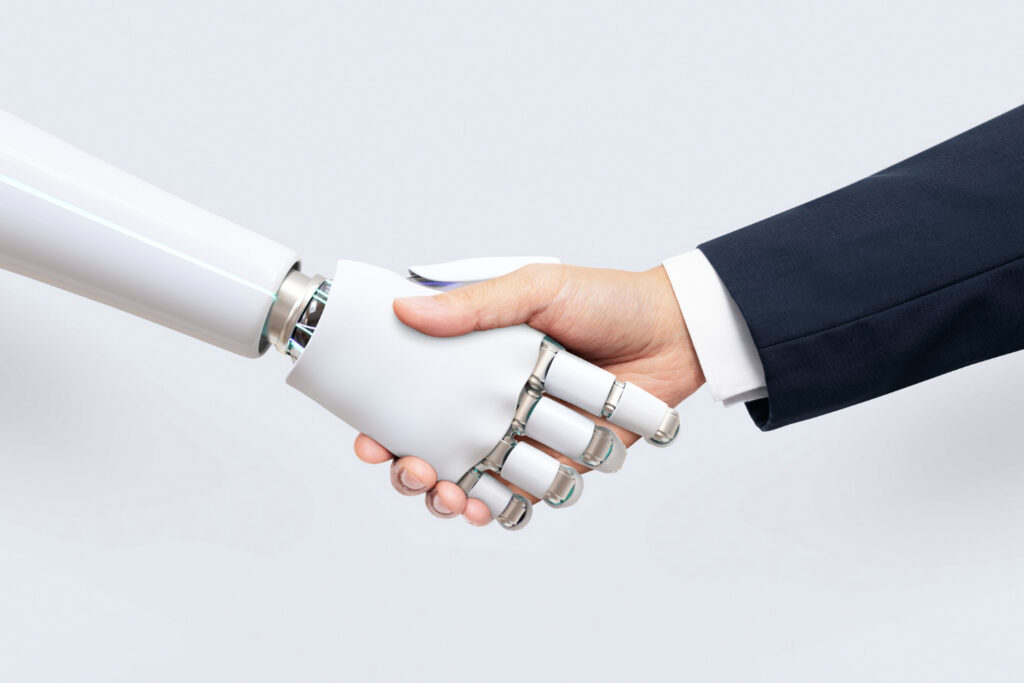Elon Musk, CEO of xAI, recently offered a refreshingly candid take: AI replacing consultants isn’t imminent—not because AI isn’t powerful, but because consultants’ job security often hinges on human dynamics beyond data and efficiency.
A recent Wall Street Journal report suggested that McKinsey is amid an existential transformation, even deploying around 12,000 AI agents to support tasks like drafting PowerPoint decks, summarizing interviews, and mimicking the firm’s tone. As Katie Smaje, a senior partner spearheading AI efforts, put it, the shift is existential for the profession—though “an existential good.” Yet, staffing trends—like McKinsey’s headcount dropping from 45,000 to 40,000 since 2023—hint that not all old roles will survive the shift.
Elon Musk weighed in via X (formerly Twitter): “Some say that the main reason corporate CEOs use consultants is to have an objective third-party validation of the decision they were going to make anyway—and have someone else to blame if it goes wrong. AI can’t replace that yet.” His point? Consultants provide a human buffer—an intermediate politically safe scapegoat—something that AI agents or AI replacing consultants narratives just can’t replicate.
Meanwhile, Musk’s own company, xAI, continues to expand the capabilities of Grok. The chatbot—now in its Grok 4 iteration—recently rolled out a video generation tool called Grok’s ‘Imagine’ video generation feature, similar to other AI models like OpenAI’s Sora or Google’s Veo 3. While creative, this feature emphasizes support rather than substitution in AI in client work.
Beyond McKinsey, the entire consulting industry is feeling the AI tremors. AI is making projects faster but less profitable when hourly billing disappears. Firms like Deloitte, EY, and KPMG are adopting intelligent digital workers, agentic AI tools (e.g., Deloitte’s Zora, EY’s 150 tax agents), and embedding AI in their operating models. But as Travis Kalanick has noted, “consultants who merely execute instructions” are indeed in big trouble—while those who build the tools stand to benefit.

Academic research reinforces this trend: AI may substitute for routine tasks, but it complements human skills like teamwork, creativity, ethics, and digital literacy—often demanding even more of them. The rise of AI in client work means consultants who lean into strategic, empathetic, and implementation-focused roles will stay relevant.
In short, the consulting world faces a balancing act. Yes, McKinsey faces an existential transformation, and AI is reshaping the industry. Yes, tools like Grok’s ‘Imagine’ showcase innovation in AI agents. But as Elon Musk highlights, AI lacks the subtlety to offload responsibility, to act as the scapegoat, or to interpret boardroom politics—the very things that make consultants’ job security persist for now.
What the industry needs? A consultants’ job security model that embraces AI replacing consultants only in routine tasks, while doubling down on human-centric value. Until AI can navigate human nuances with ethics, empathy, and politics, consultants are here to stay—for a while at least.





